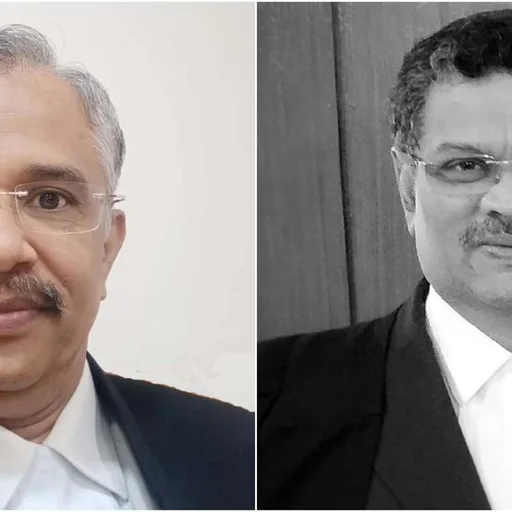Two judges from the Karnataka High Court recently took part in an event celebrating the Brahmin community, which has prompted discussions about judicial neutrality. Justices V. Srishananda and Krishna S. Dixit attended the Vishwamitra convention in Bengaluru. This event marked the 50th anniversary of the Akhila Karnataka Brahmana Mahasabha, an organization focused on Brahmin welfare. The judges’ attendance and comments during the event have led to some debate about the role of judges in public community events.
Justice Dixit spoke at the convention, noting the positive contributions made by the Brahmin community. He appeared to link their heritage with their accomplishments, stating, “When we say Brahmin, it is a matter of pride. Why? Because they gave birth to many.” This statement, along with Justice Srishananda’s attendance, underscored the judges’ views of the community’s importance. Their participation in the event, which was solely focused on the Brahmin community, has drawn attention and media coverage.
However, the judges’ participation has raised questions about the appearance of impartiality within the judiciary. While the judges may have viewed their presence as an expression of community pride, their public association with a specific group may be viewed differently by people outside that community. The Akhila Karnataka Brahmana Mahasabha is an organization that specifically works for the benefit of Brahmins in Karnataka. Therefore, the nature of the event makes the judges’ participation a point of discussion.
Some observers have noted that judges must maintain a neutral stance in public to ensure trust in the judicial system. The concern is that participating in events dedicated to a specific community can give the impression of bias. Moreover, the perception of partiality could undermine public confidence in the court’s ability to deliver fair decisions to all citizens. Therefore, the involvement of these judges in the Brahmin community celebration has sparked an important conversation.
The debate highlights the challenge of balancing personal beliefs and public responsibilities, especially for those in positions of power. Consequently, it is important to consider how judges’ actions can impact public perception of the judicial system. The focus now shifts to whether these actions will lead to further discussions about the ethical guidelines for judicial conduct in the future. The ongoing discussion is a vital part of maintaining the integrity of the court.
